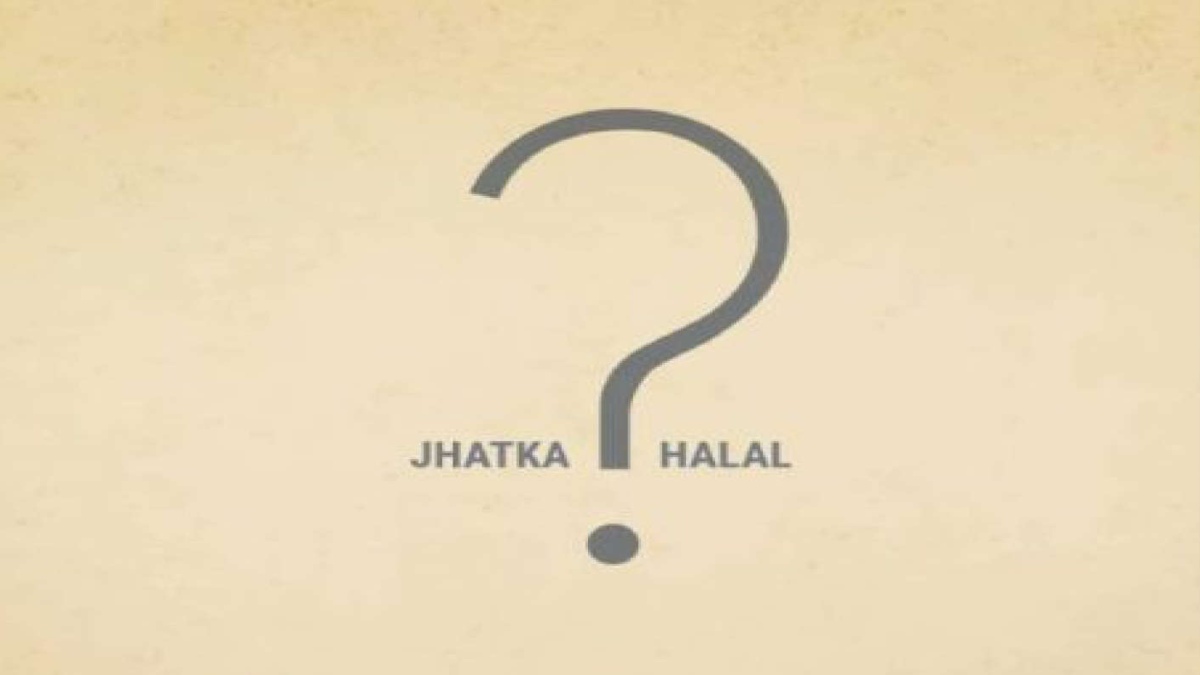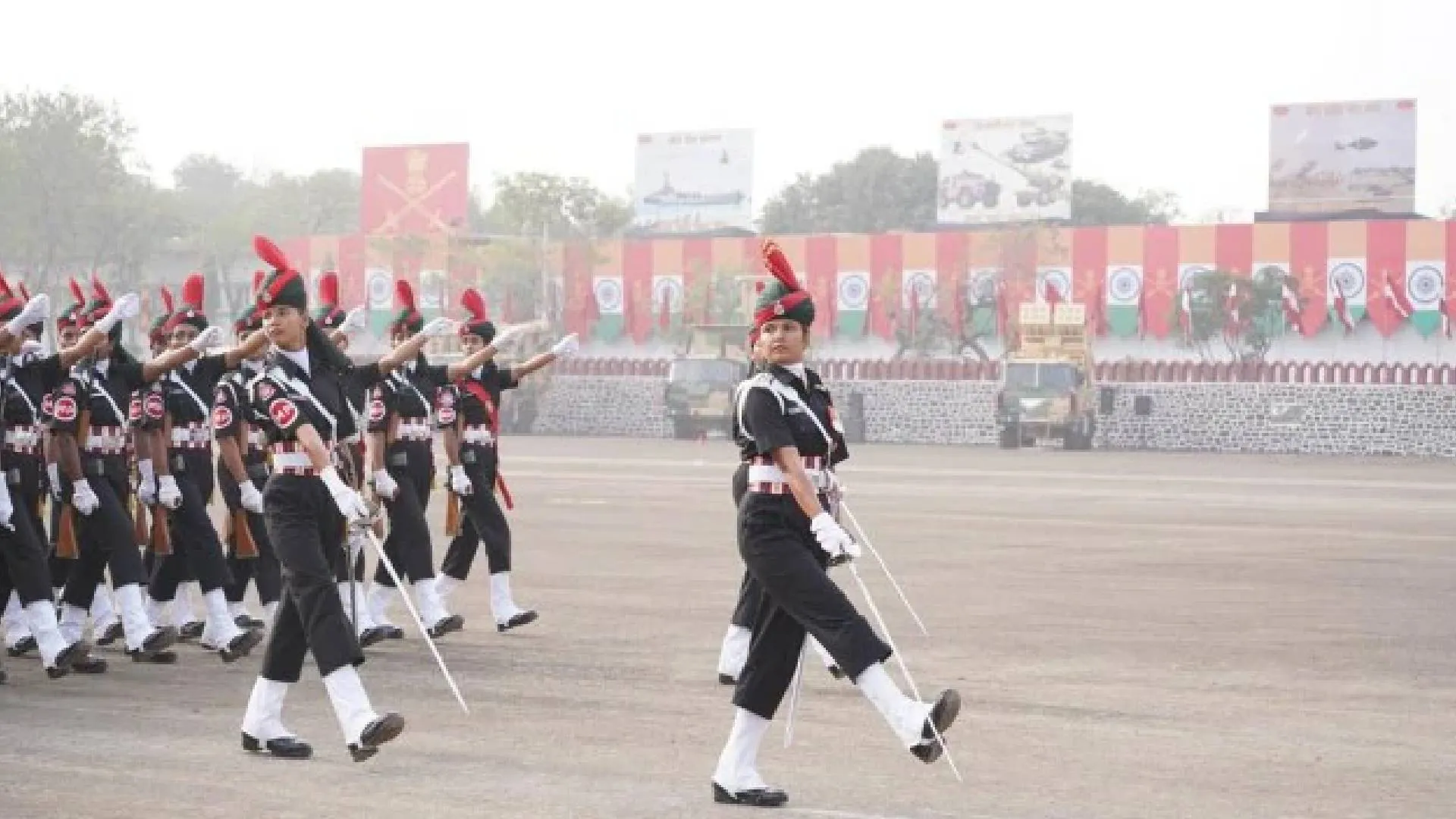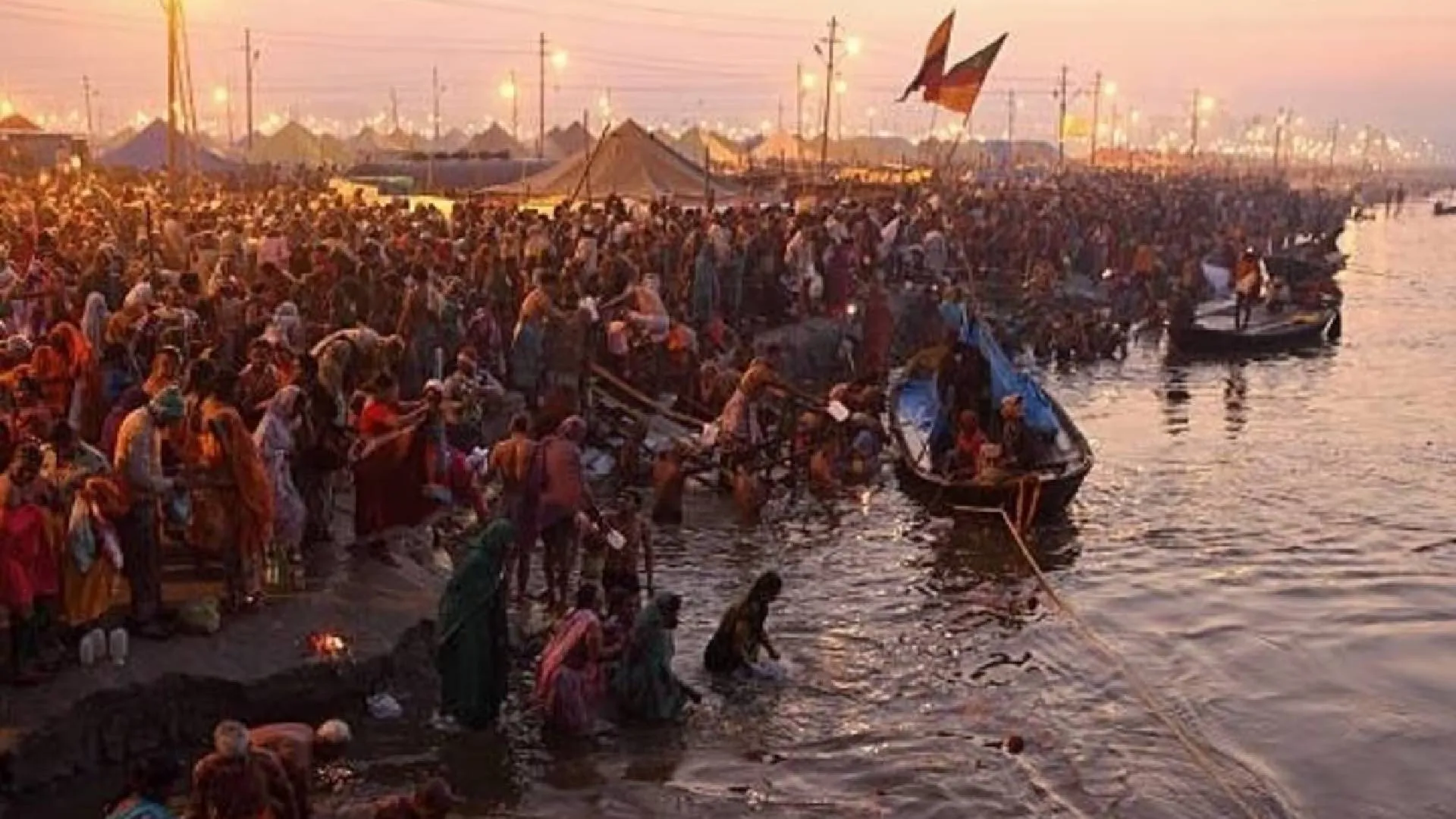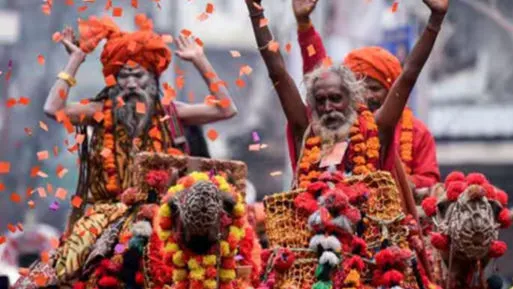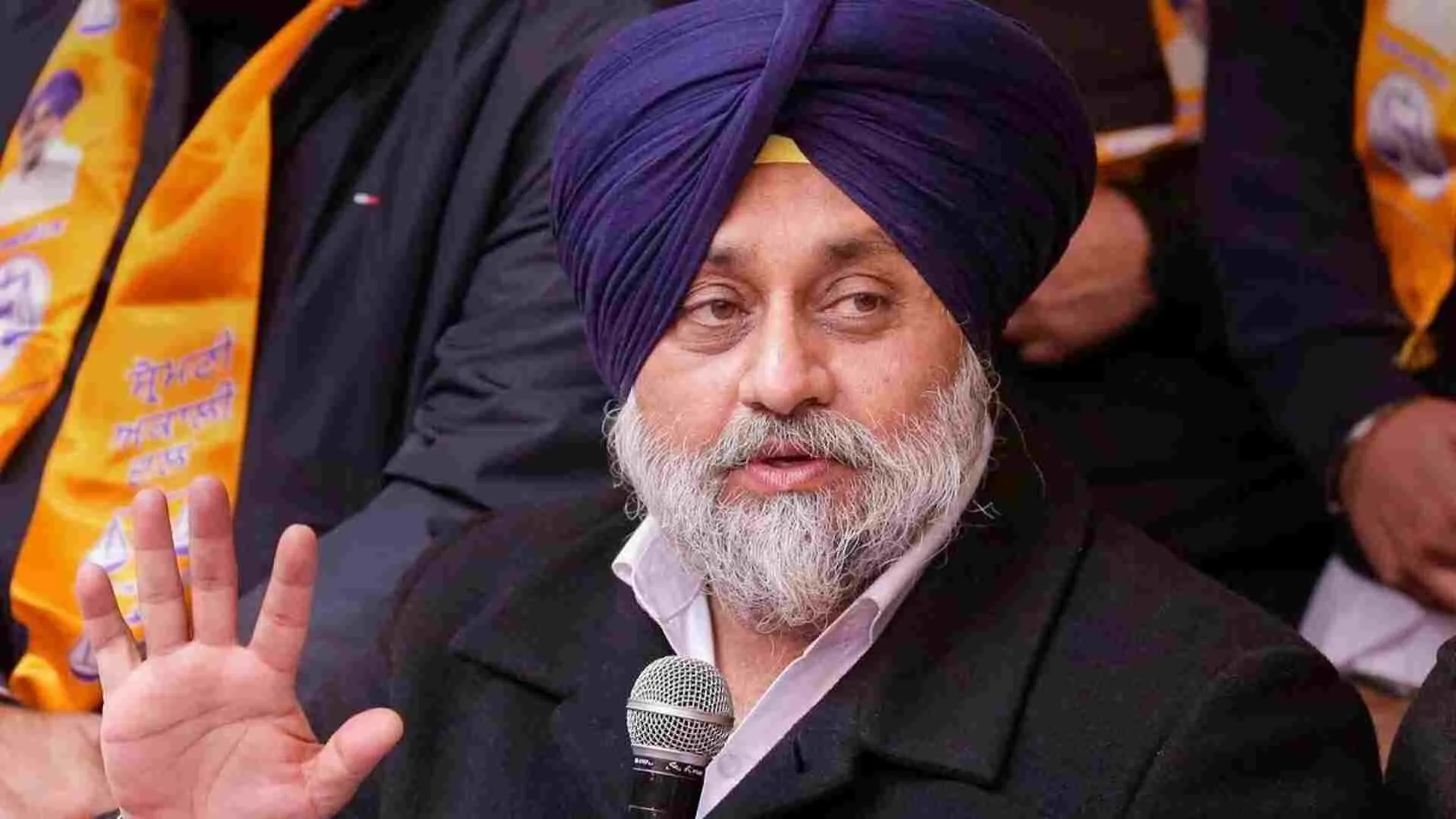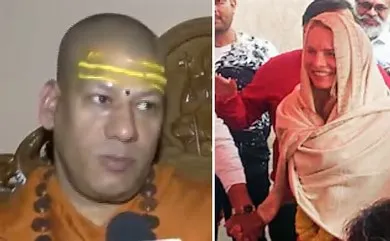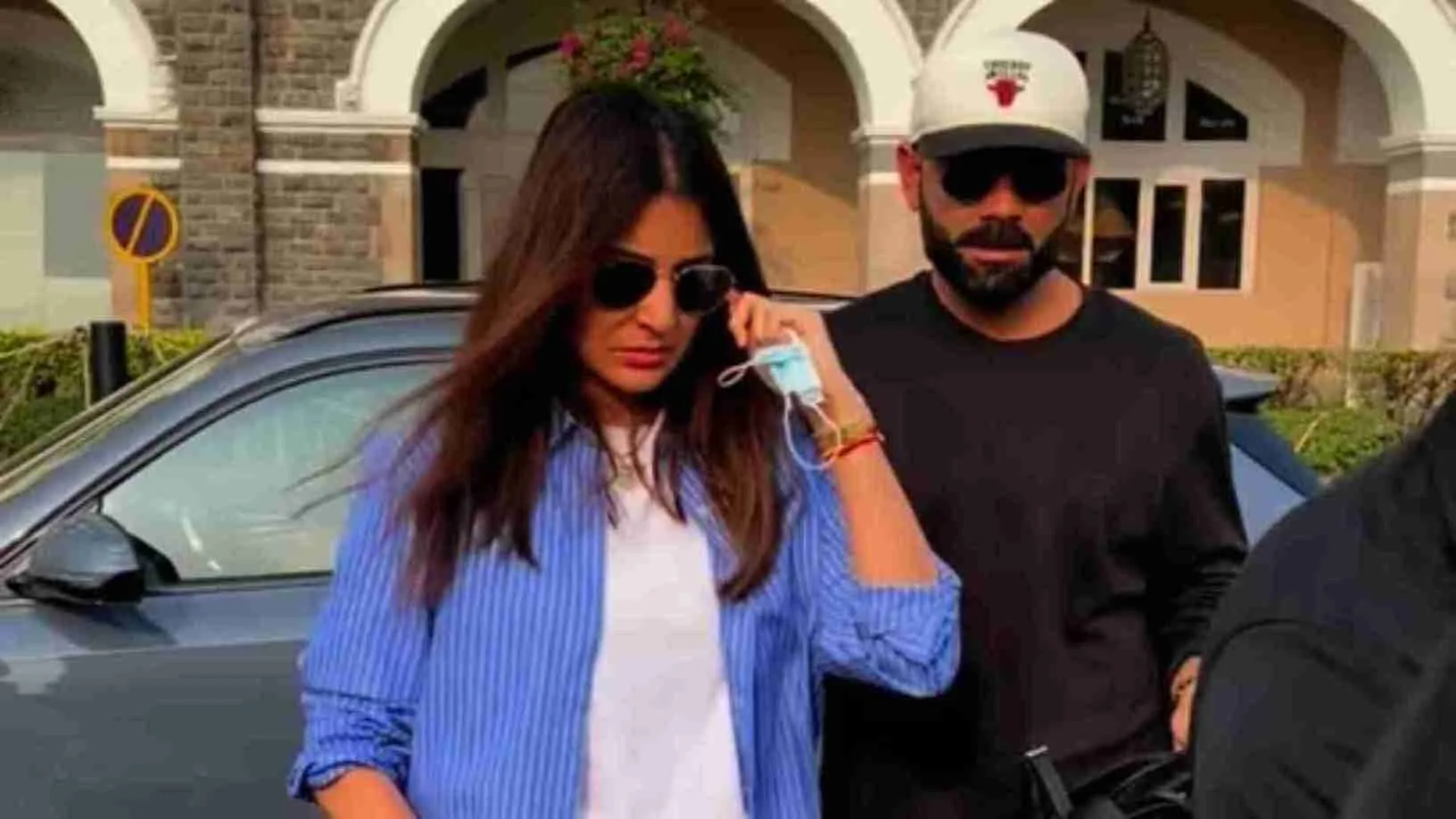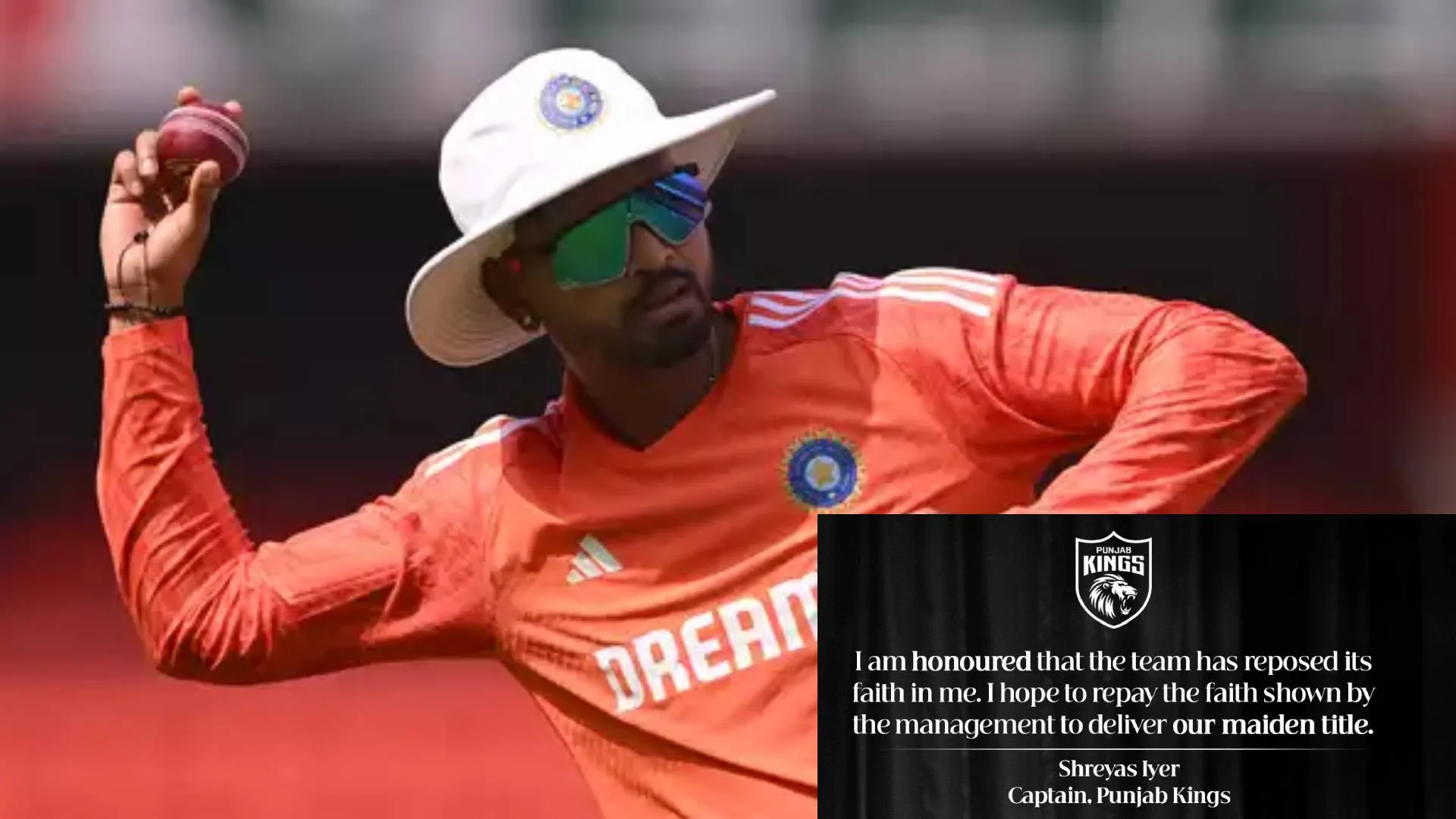“An appeaser is one who feeds a crocodile, hoping it will eat him last,” warned Winston Churchill. Indian politics has a long history of appeasement. The pandering to the wishes of a small minority who vote en bloc has been a lucrative career choice for decades until PM Modi arrived at the scene and gave a reality check. In many ways, the Indian situation of appeasing the Muslims is more ridiculous than other nations. Just a few generations ago, India was divided on cultural lines and the Indian society had clear ideas of the choices. Muslims who chose to stay back in India have exercised that choice by saying No to an Islamic nation. Given this historical and cultural background, under no circumstances do Muslims expect or require special treatment or religious code. Yet, religious codes exist and demand for Sharia and other Islamic practices find many takers in secular parties and in the Muslim community. The outright appeasement in the Shah Bano case was a defining case in point when the Indian masses said enough of it and rallied behind the nationalists.
Like Sharia law, halal is also one of the core principles of the Islamic way of life. Halal—an Arabic word that means “permissible” runs completely in contrast to the system India has adopted. If an ancient religious code can dictate what is permissible (halal) or forbidden (haram) in India today, it’s a challenge to every legal system which isn’t an Islamic one. But then, the target of those promoting such concepts is precisely to introduce foreign cultural influences to subvert our national life. Strangely, the usual proponents of halal and Sharia are the same set of people who harp on secularism. It’s clear from this double-standard of theirs that what they actually seek is pick-and-choose. They want an Indian secular state to protect where they find themselves weak while also weakening the superstructure by insisting on exclusive religious codes.
The halal and jhatka food debate is part of this larger debate on how many religious sanctions of earlier eras should apply to modern India. One is about sticking to religious dogma while another is a question of a more humane approach to slaughter. The proponents of halal claim that the halal lifestyle is mandated for Muslims. In a practical sense, no religious mandates should be allowed to subvert the lifestyle of anyone else except followers of the specific religion. In the case of halal, it ain’t so. Halal food is food that is slaughtered by Muslims only which makes it a clear case of discrimination and runs counter to our system. Secondly, the brutality incurred on the animal needs to be reduced as much as practical. That’s a humanitarian argument devoid of any religious bias. The Sikhs and others who support Jhatka are taking a better approach when they insist on minimum suffering. Numerous western countries practice stunning the animal to instant death than incurring the woes which it would otherwise suffer. However, halal in Islam isn’t simply about food but encompasses many aspects of the life of which food is just one element. Beginning with halal food, the aim is to introduce halal finance, halal lifestyle and many other aspects which is nothing but a red herring for Sharia. All these tendencies should be nipped in the bud and a strong legal framework should be brought to ensure to avoid pandering to any segment of the society.
As a final word, only those religious codes which don’t intervene with the lifestyle of other religious groups would be feasible in a democracy like India. As long as Muslims practice or prefer it in their private lives, there aren’t reasons to complain. However, when such practices enter the public domain and question the Indian system and constitution, these should enter wider public scrutiny and consensus. As long as nationalists like PM Modi occupy the seat of power, such appeasement won’t ever happen. It’s up to the Indian system to guard against any attempt to push agendas. In the New India of today, primacy will be to Indian culture and the Indian way of life and nobody has any reason to complain.
Shweta Shalini is BJP spokesperson and advisor to former Chief Minister of Maharashtra Devendra Fadnavis. She is also state-in-charge of the BJP North Indian Cell.

